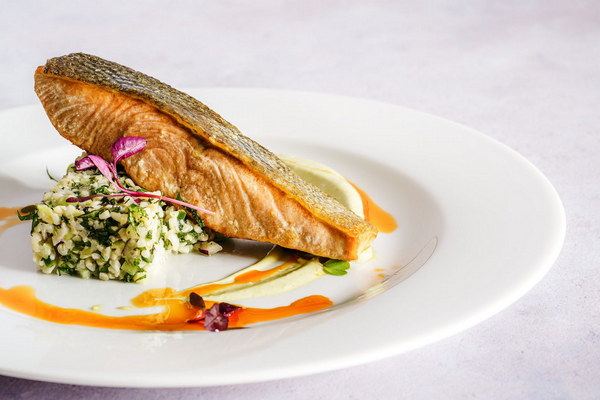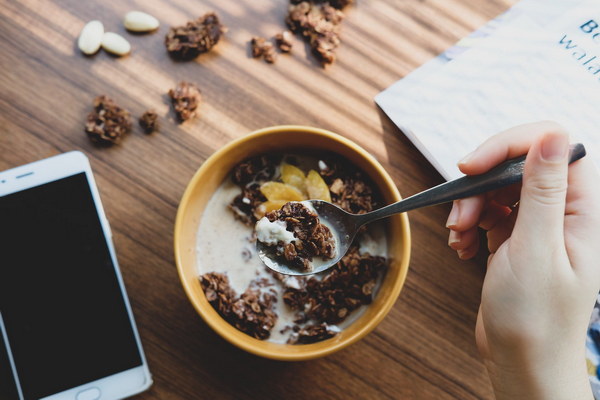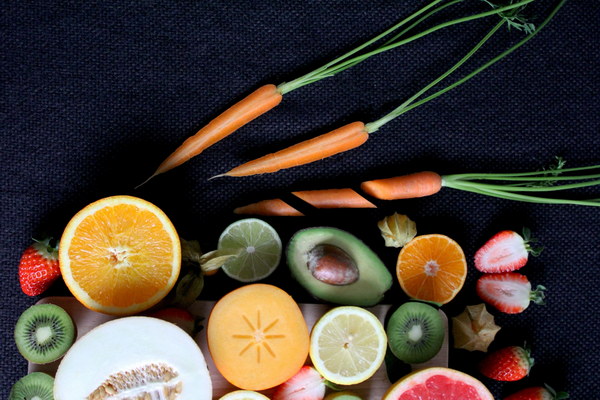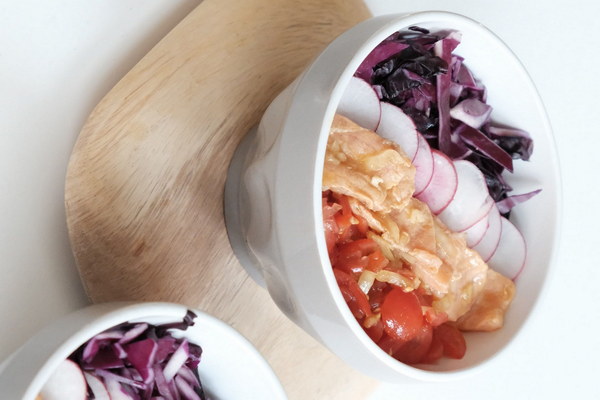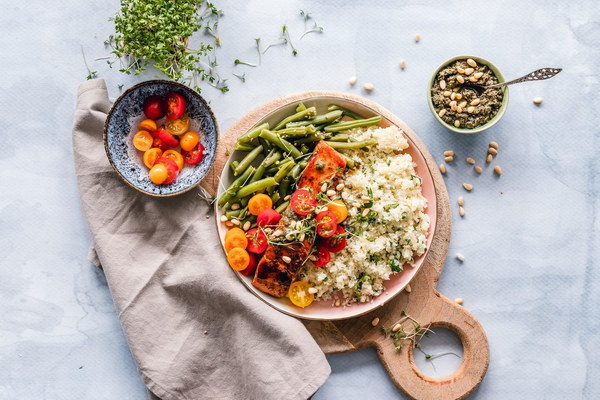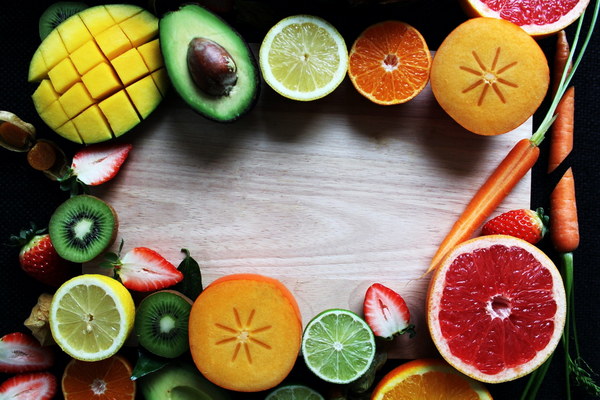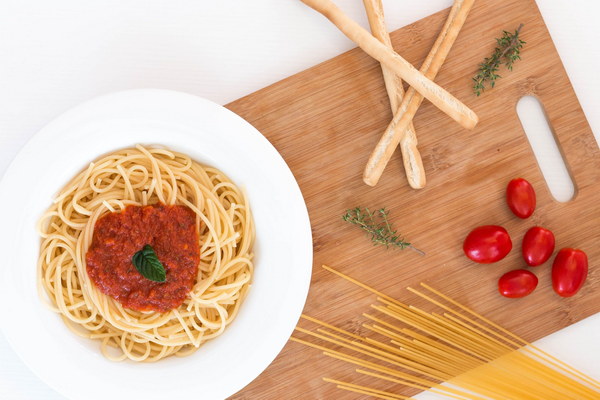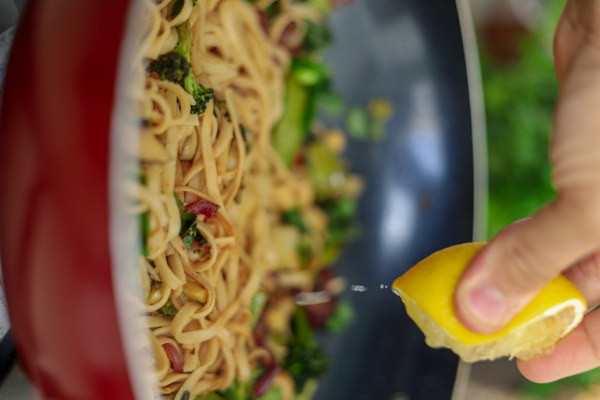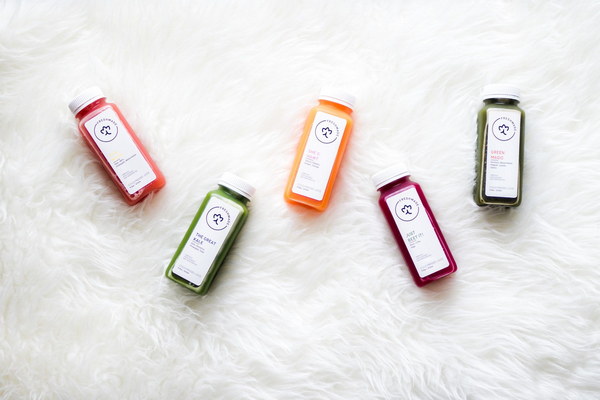Unlocking the Power of Angelica Root A Healing Diet for Boosting Blood and Qi
In traditional Chinese medicine, the use of herbs and natural ingredients to maintain and enhance health is deeply rooted in cultural heritage. One such herb, known as dang gui (Angelica sinensis), has been celebrated for its ability to nourish the blood and boost Qi. This article delves into the wonders of dang gui therapy and its role in a diet aimed at replenishing blood and Qi.
Understanding Dang Gui
Dang gui, also known as Chinese Angelica or tang kuei, is a revered herb in Chinese herbal medicine. It is a member of the Apiaceae family and has been used for centuries to address a wide range of health issues. The root of the plant is the part most commonly used in medicine and culinary purposes.
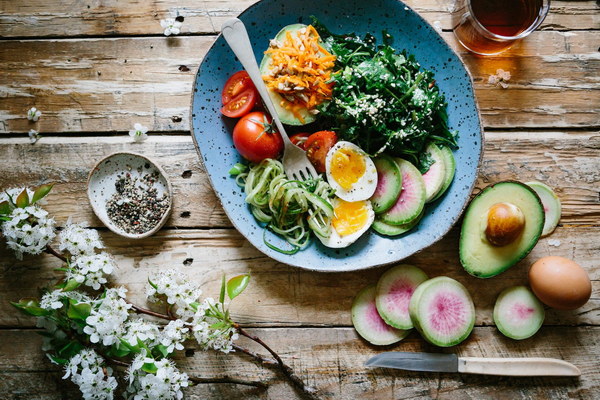
The Blood and Qi Connection
In traditional Chinese medicine, blood and Qi are the two fundamental substances that maintain the body's health and well-being. Blood is associated with the nourishment of tissues and organs, while Qi is the vital life force that flows through the body, providing energy and warmth.
When the body's blood and Qi are deficient, one may experience symptoms such as fatigue, weakness, dizziness, pale skin, and cold extremities. Dang gui therapy is designed to address these deficiencies by replenishing and balancing the body's blood and Qi.
How Dang Gui Works
Dang gui contains various active compounds that contribute to its therapeutic properties. These include ferulic acid, volatile oils, and flavonoids, which have been shown to have anti-inflammatory, anti-coagulant, and blood-building effects.
The herb's ability to improve blood circulation is particularly noteworthy. By increasing blood flow, dang gui helps to deliver oxygen and nutrients to the body's tissues, which can enhance overall health and vitality.
Dietary Incorporation of Dang Gui
One of the most effective ways to incorporate dang gui into your diet is through the use of dang gui-infused foods and beverages. Here are some traditional recipes and tips to get started:
1. Dang Gui Soup: This nourishing soup combines dang gui with other herbs and ingredients such as goji berries, jujube dates, and pork. The combination is believed to boost blood and Qi, and it's often recommended for those recovering from illness or surgery.
2. Dang Gui Tea: Brew a pot of tea with dried dang gui slices and add a touch of honey or ginger for added warmth. This herbal tea is perfect for soothing the body and mind, and can be enjoyed throughout the day.
3. Dang Gui Tonic: Mix a tablespoon of powdered dang gui with warm water or a soothing herbal tea. This tonic can be taken regularly to support the body's blood and Qi.
4. Dang Gui in Cooking: Dang gui can be added to a variety of dishes, such as stir-fries, soups, and stews. Its mild flavor allows it to complement a wide range of ingredients without overpowering the dish.
Safety and Considerations
While dang gui is generally considered safe for most people, it's important to consult with a healthcare provider before starting any new herbal regimen. Dang gui can interact with certain medications and may not be suitable for individuals with specific health conditions, such as blood disorders or certain types of cancer.
Additionally, pregnant or breastfeeding women should avoid using dang gui without the guidance of a healthcare professional.
Conclusion
Dang gui is a remarkable herb that has been cherished for its ability to replenish blood and Qi. By incorporating dang gui into your diet through soups, teas, tonics, and other recipes, you can support your body's natural healing processes and enjoy a greater sense of health and vitality. Embrace the wisdom of traditional Chinese medicine and unlock the power of dang gui to transform your well-being.
